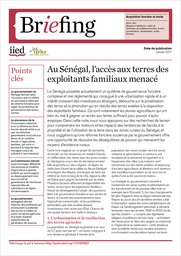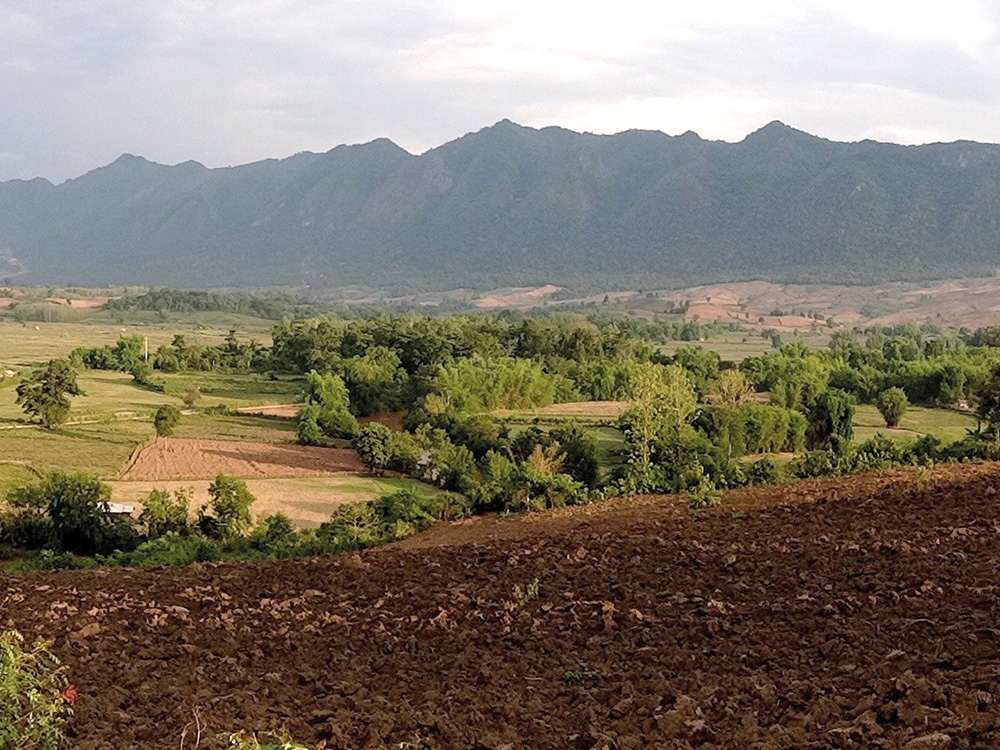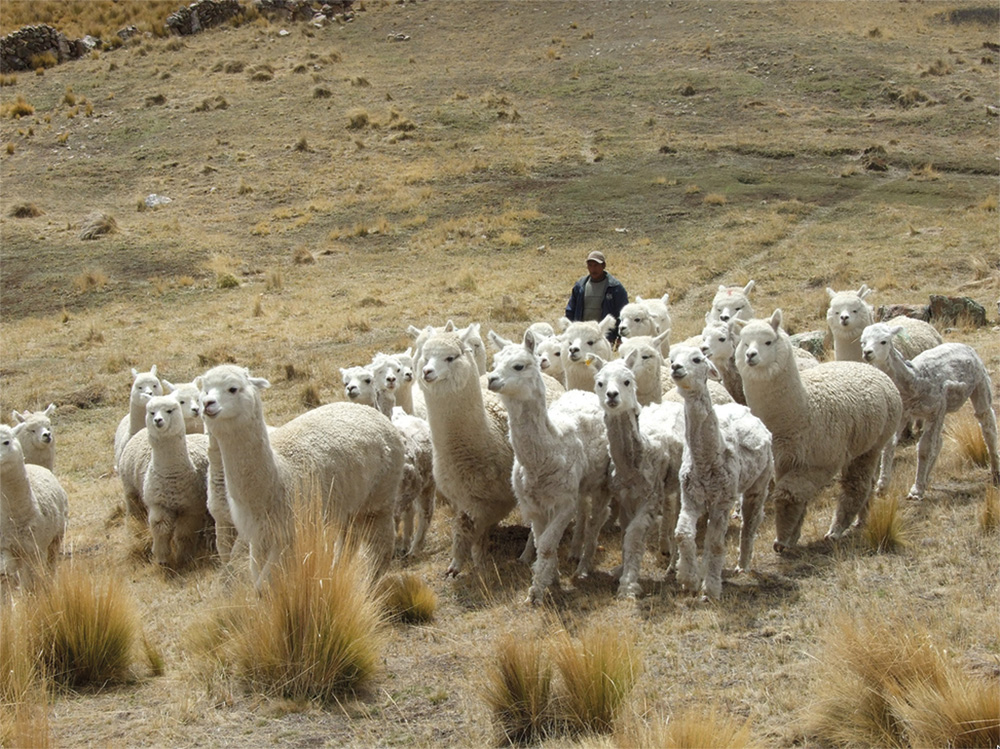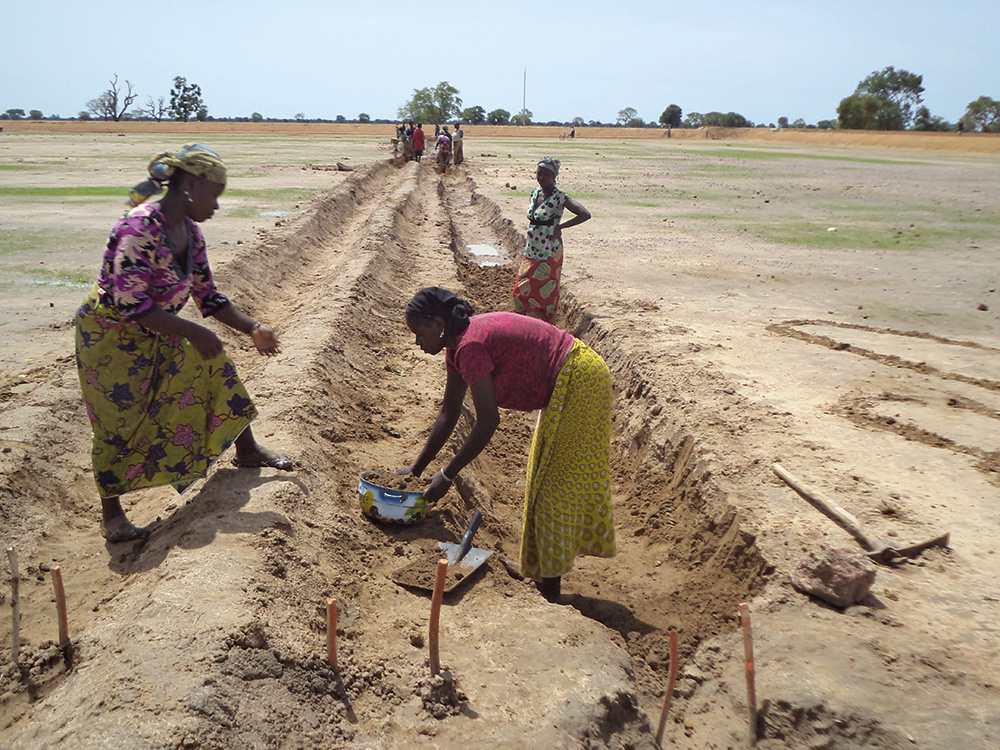modos de aprovechamiento
AGROVOC URI:
Land tenure and the management of land and trees: a comparative study of Asia and Africa
“As a husband I will love, lead, and provide:” Gendered access to land in Ghana
Improving women’s access to land is high on the agricultural policy agenda of both governmental and non-governmental agencies. Yet, the determinants and rationale of gendered access to land are not well understood. This paper argues that gender relations are more than the outcomes of negotiations within households. It explains the importance of social norms, perceptions, and formal and informal rules shaping access to land for male and female farmers at four levels: (1) the household/family, (2) the community, (3) the state, and (4) the market. The framework is applied to Ghana.
Smallholders and land tenure in Ghana: Aligning context, empirics, and policy
For decades, policymakers and development practitioners have debated benefits and threats of property rights formalization and private versus customary tenure systems. This paper provides insights into the challenges in understanding and empirically analyzing the relationship between tenure systems and agricultural investment, and formulates policy advice that can support land tenure interventions. We focus on Ghana, based on extensive qualitative fieldwork and a review of empirical research and policy documents.
Methods of consensus building for community based fisheries management in Bangladesh and the Mekong Delta
A method of consensus building for management of wetlands and fisheries using a systematic approach to participatory planning and initially developed in Bangladesh is now being applied in both Bangladesh and the Mekong delta. The method recognizes diversity in livelihoods and works through a structured learning and planning process that focuses on common interests. It works with each category of stakeholder separately to prioritize the natural resource problems that their livelihoods are largely dependent on, they then share and agree common priorities in plenary.
Au Sénégal, l’accès aux terres des exploitants familiaux menacé
Why property rights matter
It is widely accepted among economists and policy-makers that secure and well-defined land property rights are integral to poverty alleviation and economic prosperity. But how do legal systems, land tenure and economic development really relate to one another? Our author demonstrates the links using her latest research results from 146 countries.
What about the land rights of communities and Indigenous Peoples?
Indigenous Peoples and local communities hold a large share of the world’s land area under customary systems. However, there is a tremendous gap between what is held by communities in practice and what is formally recognised by governments.
No food security without land tenure security?
Secure tenure of farming and forest land is increasingly recognised as an important factor of household food security and nutritional status. This is borne out by a study by the Laotian Land Issues Working Group. It demonstrates mutual impacts, how government land-related policies affect the factors involved, and who the winners and losers are.
Securing pastoralists’ land tenure rights
Formal land titles are rare in pastoral communities around the world. In the past, this presented hardly any problems, since pastoral land was seen as of little use by most outsiders. But with growing competition for areas legal uncertainty is becoming an increasing threat to the livelihoods of pastoralists.
“We can‘t be satisfied yet“
On the 11th May 2012, the Committee on World Food Security of the United Nations adopted the Voluntary Guidelines on the Responsible Governance of Tenure of Land, Fisheries and Forests (VGGT). Rural 21 asked Roman Herre of the human rights organisation FIAN about his views on the implementation of the Guidelines so far.
Strengthening family farms: a path to follow in combatting poverty in Africa
A project in Burkina Faso has given a clear demonstration of what supporting family farms can achieve in terms of poverty alleviation and rural development. One important success factor was the transfer of land to farmers, accompanied by a secure land-tenure policy adapted to their needs.












